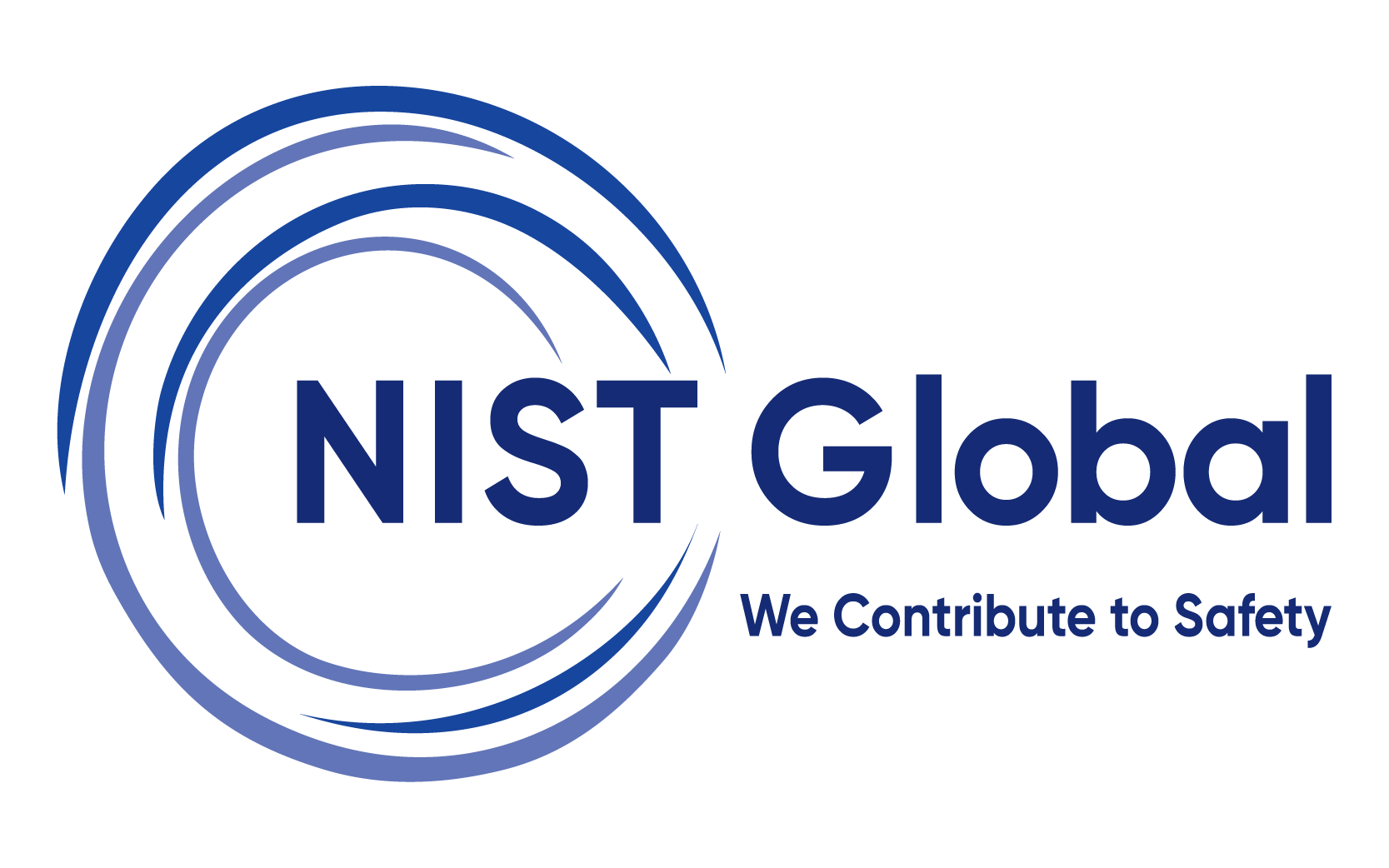Safe Operation of Industrial Trucks
The Safe Operation of Industrial Trucks course is designed to train operators, supervisors, and safety personnel on the safe handling and manoeuvring of a wide range of powered industrial vehicles, including forklifts, pallet trucks, reach trucks, tow tractors, and order pickers. The course covers essential safety practices such as vehicle inspection, load stability, operational controls, hazard identification, speed management, and safe navigation in confined or high-traffic areas. It also emphasizes the importance of workplace-specific protocols, PPE use, and adherence to OSHA and Indian IS standards.
Safe Operation of Industrial Trucks
Unlike the Safe Operation of Industrial Trucks training, which focuses specifically on counterbalance forklift operations, this course offers a broader scope by covering multiple types of industrial trucks used across warehousing, logistics, manufacturing, and retail sectors. Participants gain a holistic understanding of equipment-specific risks and controls, making them more versatile and safety-conscious across different vehicle types. Upon completion, learners will be better equipped to operate various industrial trucks safely, efficiently, and in full compliance with regulatory and organizational standards.
-
Duration1 -2 Days
-
Training ModeVirtual/Face to Face
-
LevelIntermediate/Advanced
-
LanguageEnglish and other regional languages based on availability
-
Content CustomizationClient specific/Industry specific/Site specific
Why Should Employers Invest in this Training?
- Reduces Accidents & Downtime: Reduces incidents like collisions, tip-overs, and load spills, ensuring smooth and injury-free operations.
- Support Multi-Equipment Proficiency: Covers various industrial trucks (not just forklifts), preparing employees to operate different machines safely and efficiently.
- Ensures Legal Compliance: Aligns with statutory requirements under OSHA, IS codes, and client-specific safety protocols, avoiding penalties and audit issues.
- Reduce Equipment and Product Damage: Handle loads with care, lowering the risk of equipment wear, product loss, and costly repairs.
- Improve Workplace Efficiency: Skilled operation leads to faster, more organized material handling, directly impacting output and turnaround time.
- Build a Culture of Safety & Accountability: Demonstrates management’s commitment to safety, promoting ownership, awareness, and team-wide risk reduction.
Training Objective
The objective of this training is to equip participants with the knowledge and practical skills required to safely operate various types of industrial trucks, including forklifts, pallet jacks, reach trucks, tow tractors, and order pickers. The course focuses on hazard recognition, load handling, vehicle stability, safe driving practices, and site-specific operational controls. Participants will learn to conduct pre-use inspections, respond to emergency situations, and follow regulatory guidelines as per OSHA and IS standards. The training aims to reduce equipment-related incidents, enhance operational efficiency, and foster a proactive safety culture. By the end of the course, learners will be capable of performing industrial truck operations confidently, responsibly, and in full compliance with legal and organizational requirements.
Training Methodology
Instructor-led
Sessions
Case Study
Analysis
Hands-On
Practical
Knowledge
Checks
Final
Assessment
Virtual
Mode
How Will This Training Strengthen Workforce Readiness?
This training will significantly strengthen workforce readiness by preparing operators not only to operate a vehicle but to think critically, act safely, and respond effectively in real-time situations.
- Enhances Multi-Equipment Competency - Equips workers to safely operate different types of industrial trucks, increasing job versatility and operational flexibility.
- Promotes Situational Awareness - Trains employees to recognize hazards such as blind spots, unstable loads, and congested zones—reducing risk in dynamic work environments.
- Improves Confidence & Handling Skills - Boosts operator confidence through practical learning and safe manoeuvring techniques, especially in high-traffic or confined areas.
- Prepares for Real-World Challenges - Simulates workplace conditions, enabling participants to respond calmly and correctly to mechanical faults, visibility issues, or emergencies.
- Supports Regulatory & Safety Readiness - Ensures the workforce is compliant with legal standards (OSHA, IS), making the team audit-ready and reducing enforcement risks.
- Strengthens Team Coordination - Promotes better communication and coordination between drivers, spotters, and ground staff for efficient and safe operations.
Who Can Take This Course?
This course is suitable for a wide range of professionals involved in operating, managing, or working around powered industrial trucks in industries such as warehousing, logistics, manufacturing, construction, ports, and retail. It is suitable for both new entrants and experienced workers seeking certification or skill enhancement. It is also recommended for
- Forklift & Reach Truck Operators
- Pallet Jack & Order Picker Users
- Site Supervisors and Team Leaders
- Lifting Supervisors/Engineers
- Maintenance Personnel
Assessment
✅ Multiple Choice Questionnaire (MCQ)
Training Mode
Face to face training
Virtual training

